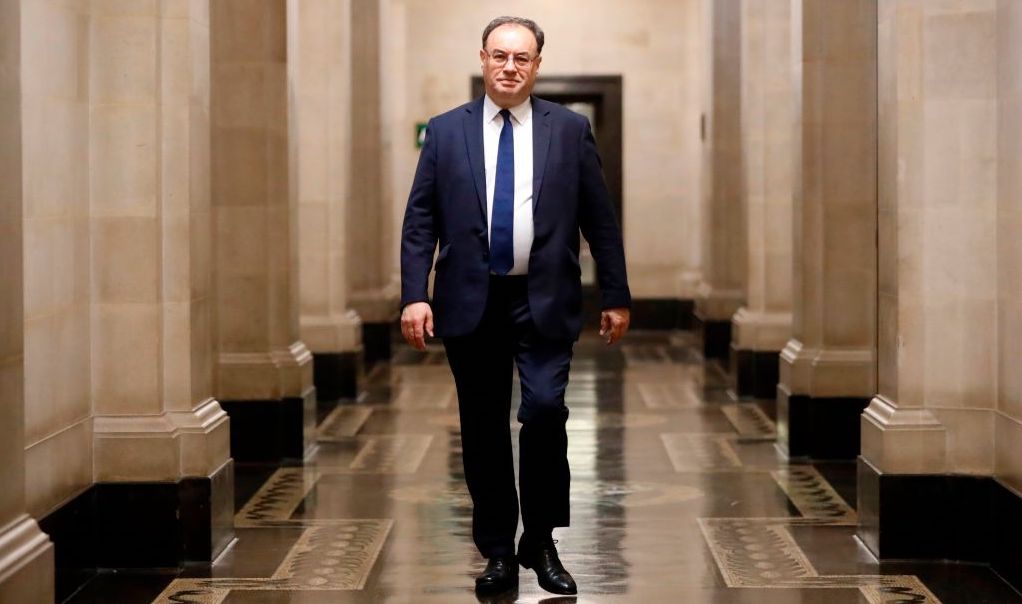Wow. Interest rates down to 0.1% (a record low) — plus another £200 billion of quantitative easing.
But will the Bank of England big announcement today make any difference?
This may look like a re-run of what happened in 2008. But it really isn’t. Back then, it was all about persuading the economy not to freeze in the headlights of the banking crisis. The everyday flow of finance from the banks had to be maintained to keep the wheels of commerce spinning.
What we face now is very different. The normal economy is grinding to a halt. It is being replaced by a state-intervention economy, in which government is primarily responsible for providing companies with what they need to keep going and individuals with the support they need to get by.
This will mean that government will have borrow freely. By slashing interest rates to the floor and buying up existing government debt, the Bank of England is maximising the state’s borrowing capacity.
‘Where will all this money come from?’is the obvious question. A better one is ‘where will all the money in the world go to?’ i.e. all those billions and trillions managed by global money markets.
The answer right now is to the safest possible havens —e.g. out of collapsing stock markets and into bonds issued by functional governments (or, failing that, the least dysfunctional ones).
So, in theory, the British government should be able to borrow what it needs and at a record low price. A tougher challenge will be finding ways of using that money to sustain some semblance of a productive economy.
The productive capacity of this nation hasn’t disappeared. Most of the workforce is still healthy — and even if workers get sick, almost all will recover. Our factories are still standing. Our fields are still fertile. We have what we need to keep producing. But money is the immediate reason why we keep producing.
This is still a market economy, just about. So money has to keep pumping around the system for it to work. As in a life-and-death operation, it’s not just a matter of having sufficient stocks in the blood bank, but of transfusing it to the patient.










Join the discussion
Join like minded readers that support our journalism by becoming a paid subscriber
To join the discussion in the comments, become a paid subscriber.
Join like minded readers that support our journalism, read unlimited articles and enjoy other subscriber-only benefits.
Subscribe